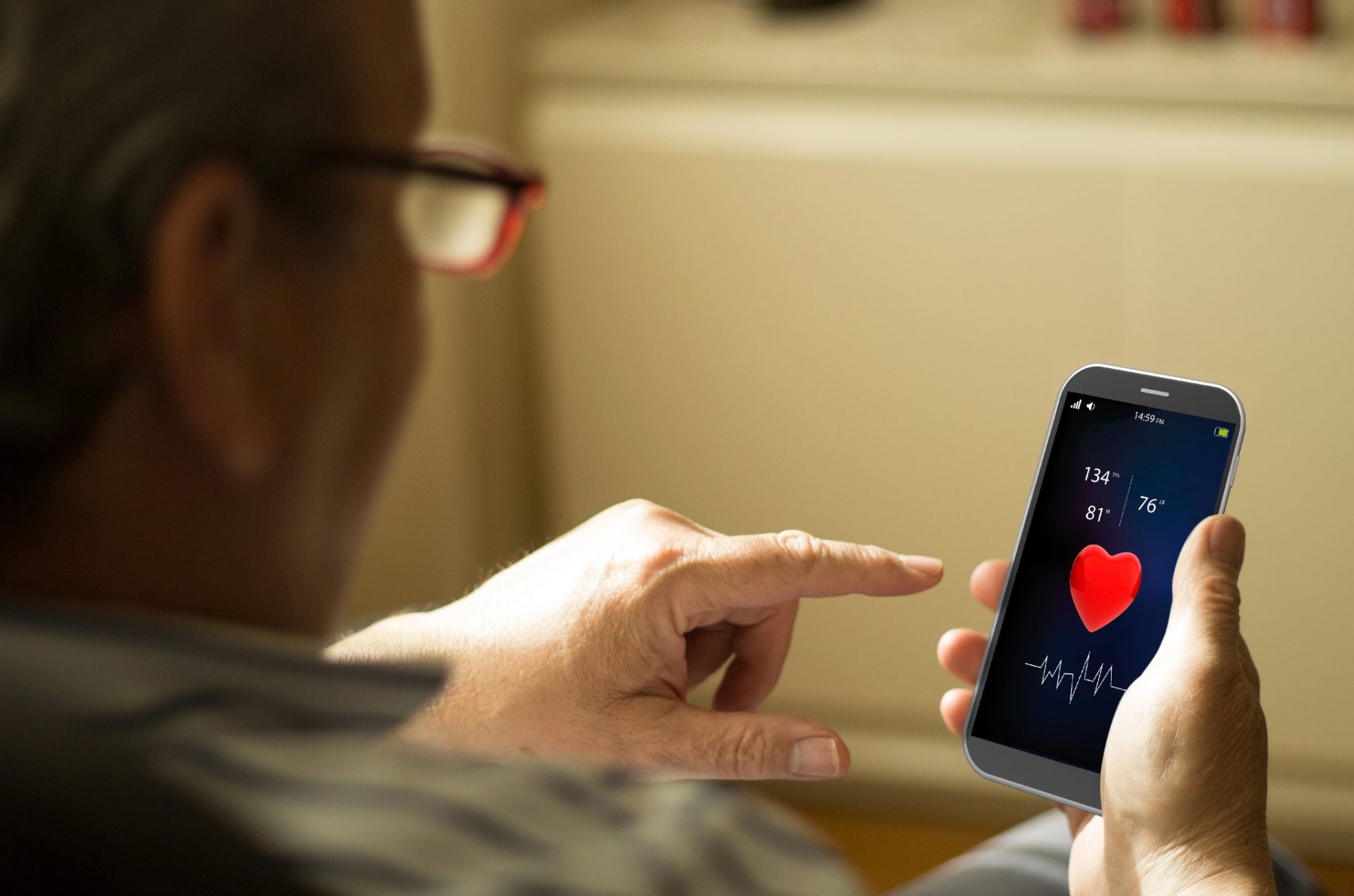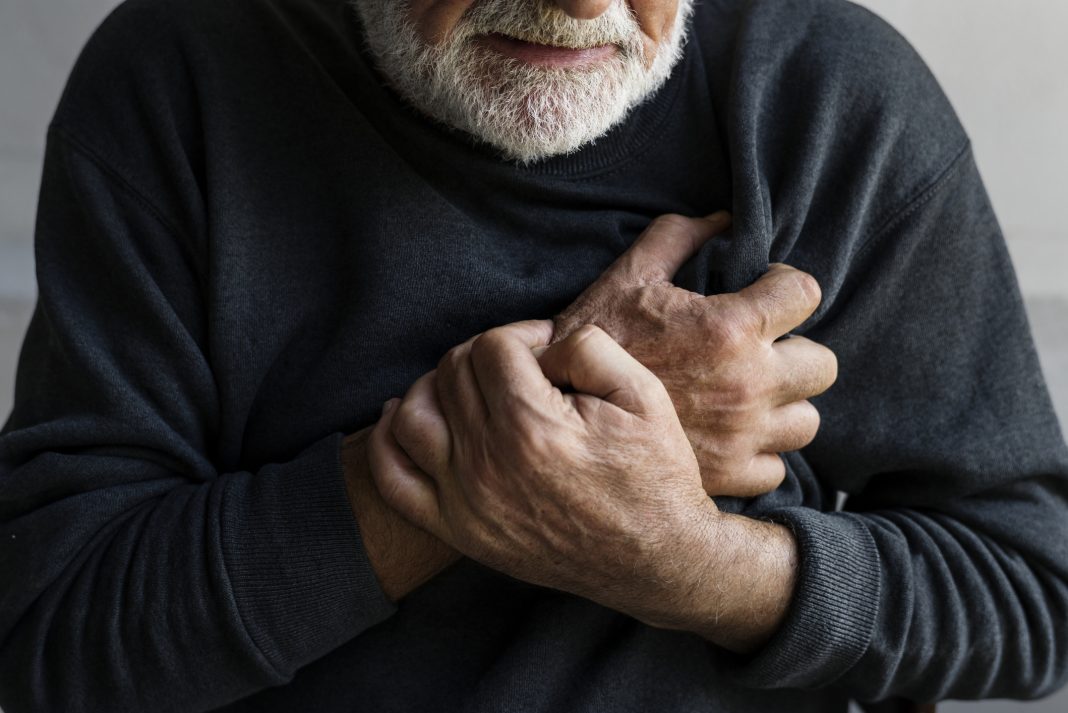A prototype healthcare app aims to revolutionise treatment for patients who suffer a cardiac arrest outside of a hospital
The probability of surviving an out-of-hospital cardiac arrest in the United Kingdom is approximately 10%. In comparison, in other countries, such as Denmark, this rate is as high as 20%. To tackle this, Ensono Digital and university clinicians are developing a prototype healthcare app.
With clinicians from King’s College Hospital (KCH) and King’s College London (KCL), this app aims to help paramedics and clinicians effectively triage patients who suffer a cardiac arrest outside of a hospital.
The working prototype app will assess the risk of brain damage following an out-of-hospital cardiac arrest using a neurological risk score from an algorithm known as MIRACLE2.
Healthcare professionals can then use this app information from MIRACLE2 to personalise treatment to match the patient’s individual needs. The developers of the healthcare app want the MIRACLE2 algorithm to be accessible to clinicians.
Giving a neurological risk score which cardiologists can use
Patient data like age, ECG scores, and heart rhythm can be put into the app, then the algorithm takes this information and uses it to calculate a risk score for a poor neurological outcome.
Patient data like age, ECG scores, and heart rhythm can be put into the app
The first step was to find a platform that could support the development of the app. After this, the team focused on making the user journey simple and accessible so that any user could engage with the algorithm easily and provide the best care solution based on the algorithm’s rankings. The result was a proof-of-concept web application delivered pro-bono by Ensono Digital.
The next steps involve continuing development of the app, including circulating the tool with cardiologists at King’s College Hospital to get more user feedback.
The teams designed an app – which is not yet available for clinical use – with predictive information from MIRACLE2 in a clear format that clinicians could use to make informed decisions in difficult situations using the data.

Coronary heart disease is one of the single biggest killers in the UK
Dr. Nilesh Pareek, Consultant Intervention Cardiologist at King’s College Hospital and Adjunct Senior Lecturer at King’s College London said: “For a long time, I have been concerned about the poor outcomes of out-of-hospital cardiac arrest. In that critical first 72 hours after an incident, care currently looks very similar for most patients, potentially missing the chance for vital investigations into the wider impacts of cardiac arrests on the human body.
“That is why this app, and its ability to personalise care for patients, is so exciting. It is there to potentially support the decision-making of every healthcare professional, from the paramedics who first treat a cardiac arrest patient to the clinicians who receive them at the hospital.
“Care in the future might be shaped to the patient’s needs: someone with a high risk of a poor neurological outcome, for example, might be treated with targeted and rapid intervention to reduce damage to the brain. Of course, there is more value we can add to the application, but we’re now one step closer to realising how this initiative can deliver better patient outcomes for the U.K. healthcare system.”
We’re now one step closer to realising how this initiative can deliver better patient outcomes for the U.K. healthcare system
Transforming the delivery of care for cardiac arrest patients
Helen Wilson, Director of Research at Heart Research UK, added: “Coronary heart disease is one of the single biggest killers in the UK. Our Charity’s mission is to fund pioneering medical research into the prevention, treatment, and cure of heart disease.
“We are proud to fund Dr. Pareek’s ground-breaking research, which opens the door to truly individualised and targeted care for out-of-hospital cardiac arrest patients. Looking ahead, we look forward to supporting Dr. Pareek’s ongoing work to turn this research into a fully workable application – ready to transform the healthcare system.”











